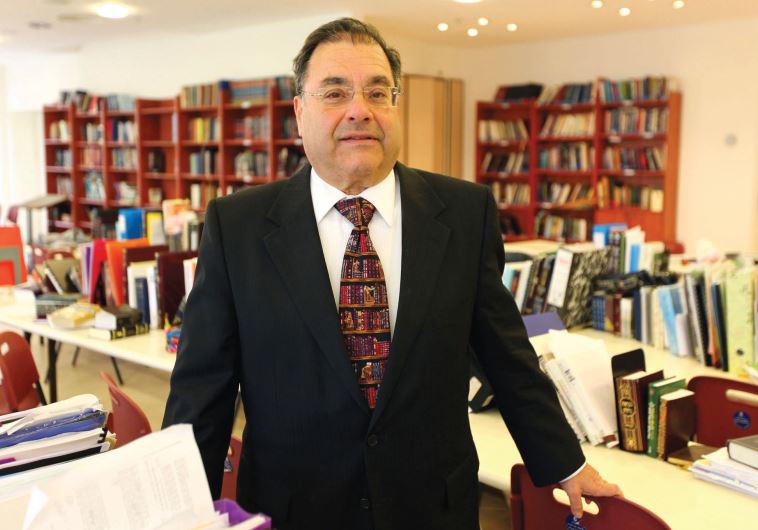Rabbi Riskin’s term extended after Rabbinate had thrown doubt on his continued tenure
“I think this episode was a huge victory for those who want to see changes in the Rabbinate,” says Former Yesh Atid MK Dov Lipman.
 (photo credit: MARC ISRAEL SELLEM/THE JERUSALEM POST)Updated:
(photo credit: MARC ISRAEL SELLEM/THE JERUSALEM POST)Updated: